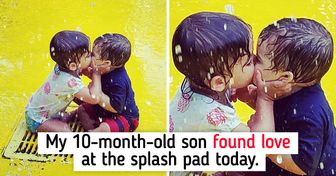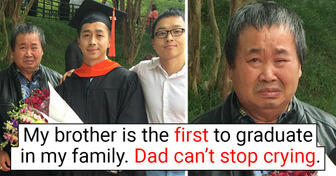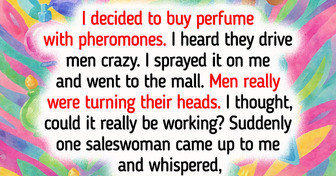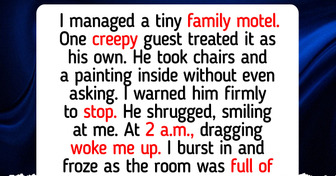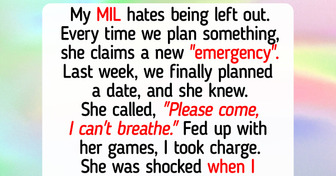17 Stories That End Up Somewhere You’d Least Expect

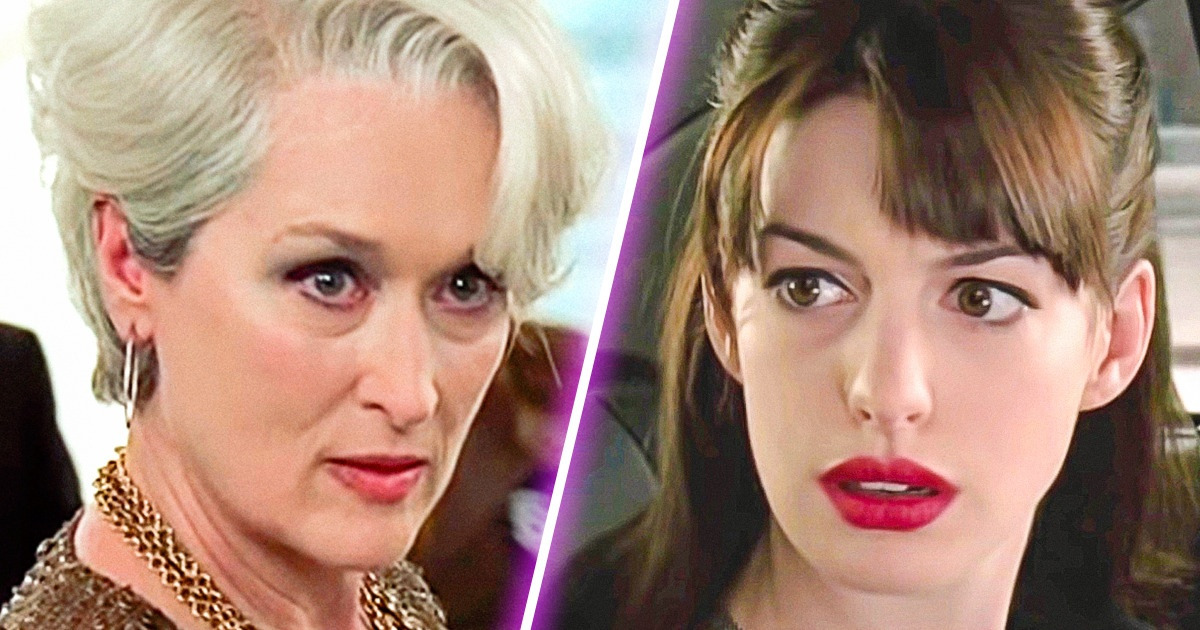
In professional life, it is said that there are good leaders and bad bosses, just as in movies there are heroes and villains. However, we often omit the real context of characters that appear to be antagonists, failing to empathize with them. This would be the case of Miranda Priestly.
At Bright Side, we believe that Miranda had reasons that both required and validated her way of being, leaving more than a few lessons along the way.
Miranda’s infamous nickname as the “Devil” makes its presence felt from the very beginning of the film, when Andy, the protagonist, shows up at the office. From one moment to the next, everyone who works there becomes upset when they learn that their boss will be arriving soon. It is then that we can notice one of Miranda’s characteristics and her main yearning, which is the search for perfection.
This can be defined in 3 different ways, but the one that characterizes Miranda is other-oriented perfectionism. It defines people who expect excellence from those around them (in Miranda’s case, from all those in her charge).
The name “Miranda” was not chosen at random, since Miranda Priestly is a character in Lauren Weisberger’s 2003 novel, The Devil Wears Prada. Priestly finds herself in a male-dominated industry, where she cannot show weakness. This arduous work defines her way of being and her attitude, as she is forced to find a balance between her personal and professional life.
Andy comes to the industry knowing practically nothing about it, so meeting this highly demanding boss who is in constant search of perfection teaches her several lessons. One of them is professional excellence, given the high demands within Runway magazine.
Other lessons include attention to detail, giving everything of oneself, and resilience pushed to the limit. This can be seen in scenes like the one with the belts, where Priestly gives Andy a speech about the importance of having a detail-oriented eye. Later she even begins to ask her for almost impossible tasks to accomplish, like buying a book that has not yet been published — proving to her that she can be able to accomplish almost anything.
The author of the book on which the film was based, Lauren Weisberger, in an interview for Cosmopolitan, said that her work as Anna’s assistant was one of “the most valuable moments of her career,” since it allowed her to learn and meet people who were at the top of the industry.
This could show that Miranda’s ultimate intentions are not exactly to show herself as the typical person in charge, but as a leader in an eternal quest for perfectionism, and that, at the end of the day, this trait was not something negative in terms of her leadership.
Miranda sees in Andy a reflection of herself. At the beginning of the film, Andy questions and defends her way of being with a lot of self-esteem. This is appreciated by Priestly, who identifies with seeing a young woman, unafraid to make her mark on the world.
This can also be perceived in 2 ways. First, Emily, Miranda’s personal assistant, is devoted to her boss, questions nothing, and is always attentive. This leads her to do an exceptional job, but Miranda sees no greater aspirations in her. On the other hand, at the end of the film, Miranda looks with pride at Andy, seeing her become a professional with the tools and the desire to excel in life.
In the end, we can say that Miranda’s way of being was what was necessary to keep up with the industry in which she was competing and that, if she had been a man, she would not have made such an impact as an “antagonist.” She even gets a nod to this in one scene. On the other hand, Andy’s boyfriend could be the real villain of the film, as he did not support her on her trip to France, even opting to sever the relationship.
To emphasize the high standards and expectations of successful people, the film’s director, David Frankel, in an interview with Variety, said, “My view was that we should be grateful for excellence. Why do the excellent people have to be nice?”
What other characters do you think have been misunderstood? Tell us about them in the comments to see if more readers agree with you.

